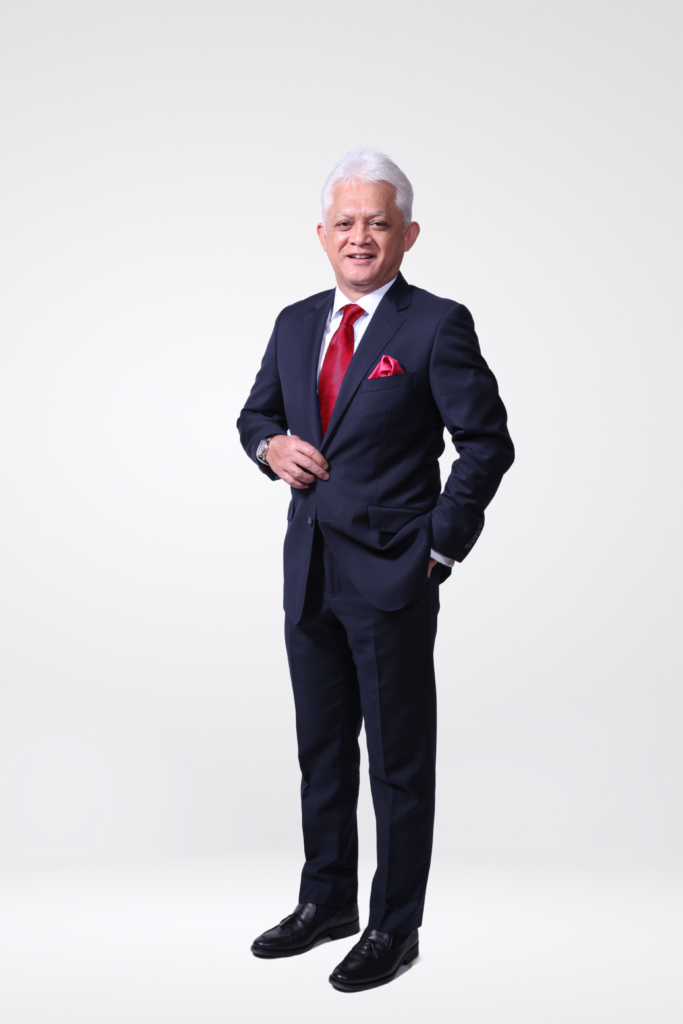KUALA LUMPUR – The Malaysia External Trade Development Corporation (MATRADE) has identified Central Asia as a new market for expansion and Kazakhstan as a regional hub for Malaysian exporters.

CEO of MATRADE Mohd Mustafa Abdul Aziz
CEO of MATRADE Mohd Mustafa Abdul Aziz said that the agency will focus on strengthening the groundwork in Central Asia, mainly Kazakhstan and Uzbekistan, and facilitating more connections between Malaysian exporters and buyers in these countries.
“That region offers a lot of opportunities for us due to the fact that there are a lot of products and services that we could not only offer to Kazakhstan, but also vice versa. There are areas that Kazakhstan has a bigger advantage and strength for example in oil and gas and aerospace that could be exported to further enhance the bilateral trade relationships between both countries,” Abdul Aziz told The Astana Times in an interview recently.
Abdul Aziz also mentioned other Malaysian products and services that have high potential for export to Kazakhstan and Uzbekistan include halal products, which ranges from food, beverages, cosmetics and Islamic finance.
In 2021, Malaysia’s top five export products, which totaled $88.5 billion and accounted for 85.7 percent of the country’s total export to Kazakhstan, were electrical and electronic, rubber, agricultures, palm oil-based manufactures and palm oil-based agricultural products.
As for imports to Malaysia from Kazakhstan, the top five products are metal manufactures, transport equipment, chemicals and chemical products, machinery, equipment and parts as well as refined petroleum products. The imports totaled $10.8 billion.
On palm oil, Abdul Aziz said there is an opportunity for Kazakhstan to become the central distribution hub for Malaysian palm oil and other products in Central Asia.
“I think it’s important for us to look again at the opportunities available in Kazakhstan and the Central Asian region. Due to the closure of borders in Malaysia, we are unable to undertake our trade relation opportunities in that region. Moving forward, we need to be really aggressive in making our presence felt and heard in Kazakhstan,” he added.
As part of its strategy to explore opportunities in Central Asia, Matrade is planning to participate in the upcoming Kazakhstan International Building and Exhibition (KazBuild) and Kazakhstan International Oil & Gas Exhibition (KIOGE) in September this year.
The Malaysian national trade promotion agency is also planning to undertake export missions to Kazakhstan and Uzbekistan in November this year.
“So, that shows that there is interest from Malaysian companies to further explore those regions. And what MATRADE could do is to ensure that we bring the right companies so that they will be matched perfectly with their potential partners in both countries,” Abdul Aziz said.
In order to facilitate market access for Malaysia products and services in Central Asia, MATRADE has established a full-fledge trade office in Almaty, Kazakhstan in 2015 and a marketing office in Tashkent, Uzbekistan in 2010.
The offices were made available for Kazakh and Uzbek business communities who are keen to source from Malaysia. MATRADE also encourages Kazakhstan’s private sector to leverage Malaysia as a strategic hub to source or distribute their products and services in ASEAN.
Meanwhile, Kazakhstan was Malaysia’s largest trading partner, export destination and source of imports in the Central Asia region in 2021. Globally, the country was the latter’s 94th largest trading partner.
Abdul Aziz said that last year, Malaysia’s total trade with Kazakhstan was valued at $99.3 million, 7.7 times higher than the total trade recorded over the past 20 years since the two countries established their bilateral relationship.
“The trade trends for the past 20 years have shown that our trade linkages between both countries are in line with our initiatives to boost our trades with the Central Asia region, particularly with Kazakhstan,” he said.
“Astonishingly, this month, Kazakhstan and Malaysia are celebrating the 30th diplomatic relations anniversary, and I believe that when the pandemic-related restrictions are lifted, there will be high-level visits between both countries to further strengthen our political, economic, and people-to-people ties,” he added.
